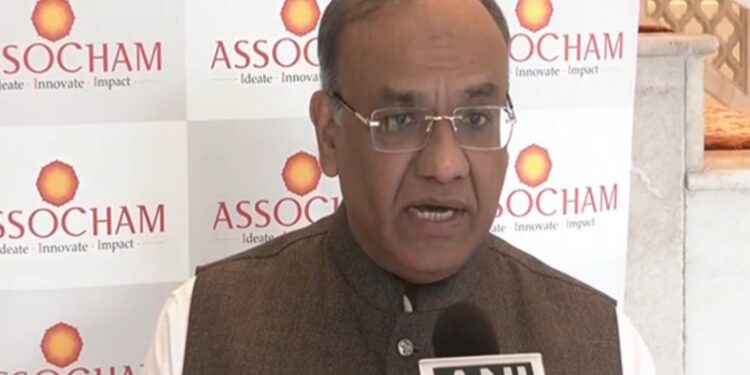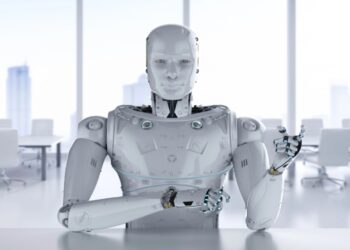Artificial Intelligence (AI) can serve as a transformative force for social good, particularly in the sectors of education, healthcare, and agriculture, according to Manish Singhal, Secretary General of the Associated Chambers of Commerce and Industry of India (ASSOCHAM). Speaking at the 8th Global AI Leadership Meet, Singhal underscored the critical role of AI in addressing some of India’s most pressing challenges and accelerating the country’s development.
Singhal’s address focused on how AI, when implemented responsibly, can lead to significant social benefits. He emphasized that AI adoption must be done in a trustworthy manner to build public confidence. The event brought together industry leaders to discuss India’s AI journey, highlighting both its immense promise and the challenges that lie ahead.
In Education, AI tools can personalize learning experiences, adapting to each student’s pace and style. This can help address the issue of varying learning abilities and ensure no student is left behind. AI-powered platforms can also automate administrative tasks for educators, freeing up their time to focus on student engagement and mentorship. This includes automated grading, curriculum planning, and providing real-time feedback.
In Healthcare, AI is poised to revolutionize diagnostics and patient care. AI-driven systems can analyze vast amounts of medical data to assist doctors in early disease detection and to create personalized treatment plans. This is particularly crucial in a country with a large population and a shortage of healthcare professionals, as it can extend the reach of quality medical advice and care through telemedicine and remote monitoring. For instance, AI tools are already being used to analyze medical scans with greater accuracy and speed.
In Agriculture, AI can significantly boost productivity and sustainability. Through the use of drones and satellite imagery, AI can monitor crop health, soil conditions, and predict weather patterns. This allows farmers to optimize resource use, such as water and fertilizers, leading to increased yields and reduced environmental impact. AI systems can also help in the early detection of pests and diseases, enabling timely intervention and saving crops from widespread damage.
While acknowledging India’s large pool of AI talent, Singhal and other speakers at the event also pointed to the need for greater investment in original research and a stronger semiconductor ecosystem. They stressed that collaboration with global leaders is essential to complement domestic efforts and ensure India remains competitive. By focusing on responsible innovation and strategic partnerships, India can leverage AI to create a more inclusive, productive, and sustainable future for all its citizens.
















